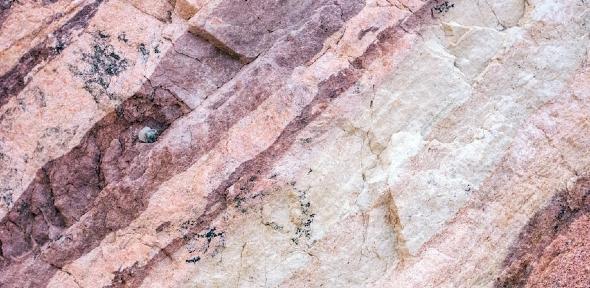
The UK will need to step up research and deployment of new offshore carbon storage wells if it is to achieve the capacity required to deliver its net zero emissions plans, a new report says.
Published by the Royal Society and led by University of Cambridge researchers, Locked Away – Geological Carbon Storage explores the latest evidence and technical considerations for permanently storing CO2 by pumping it into deep saline aquifers or depleted oil and gas fields offshore.
Alongside sustained reductions in carbon emissions, international bodies and the UK’s Committee on Climate Change identified carbon capture and storage (CCS) as a critical technology in most possible routes to achieving net zero. However, the levels of CCS deployment globally have been slow and, globally, are ‘well below those anticipated to be needed to limit global warming to 1.5°C, or 2°C’, the report warns.
"Geological carbon storage will be an essential part of our long-term energy transition, both in storing emissions from hard-to-decarbonise industries, and for longer-term removal of CO2 through direct air capture. " Professor Andy Woods, Director of the Institute for Energy and Environmental Flows (IEEF)
Scaling up
The policy briefing considers the latest geoscience evidence and lessons from current and planned CCS projects that could inform policymakers if they pursue geological carbon storage. It also looks at the challenges of scaling up CCS, including outstanding research and policy questions relating to transport, storage, monitoring, sustainable business models and incentives.
Sustained investment
To date, the upfront capital costs, lack of sufficient and predictable incentives to support operating costs, and concerns over the social acceptability in many jurisdictions have contributed to a global under-deployment of CCS.
In particular, the report highlights the need to understand the storage capacity and properties of different geological formations; the critical pressures which might cause seal rocks to fail and leak; different monitoring strategies for detecting CO2 leaks, new understanding of some of the geochemical processes; and the potential to increase capacity in old wells.
There is also a need to for ongoing effective public dialogue to highlight the importance of carbon storage in mitigating climate change, and to understand and address the concerns of communities and citizens.
Image credit: Daniela Paola Alchapar

